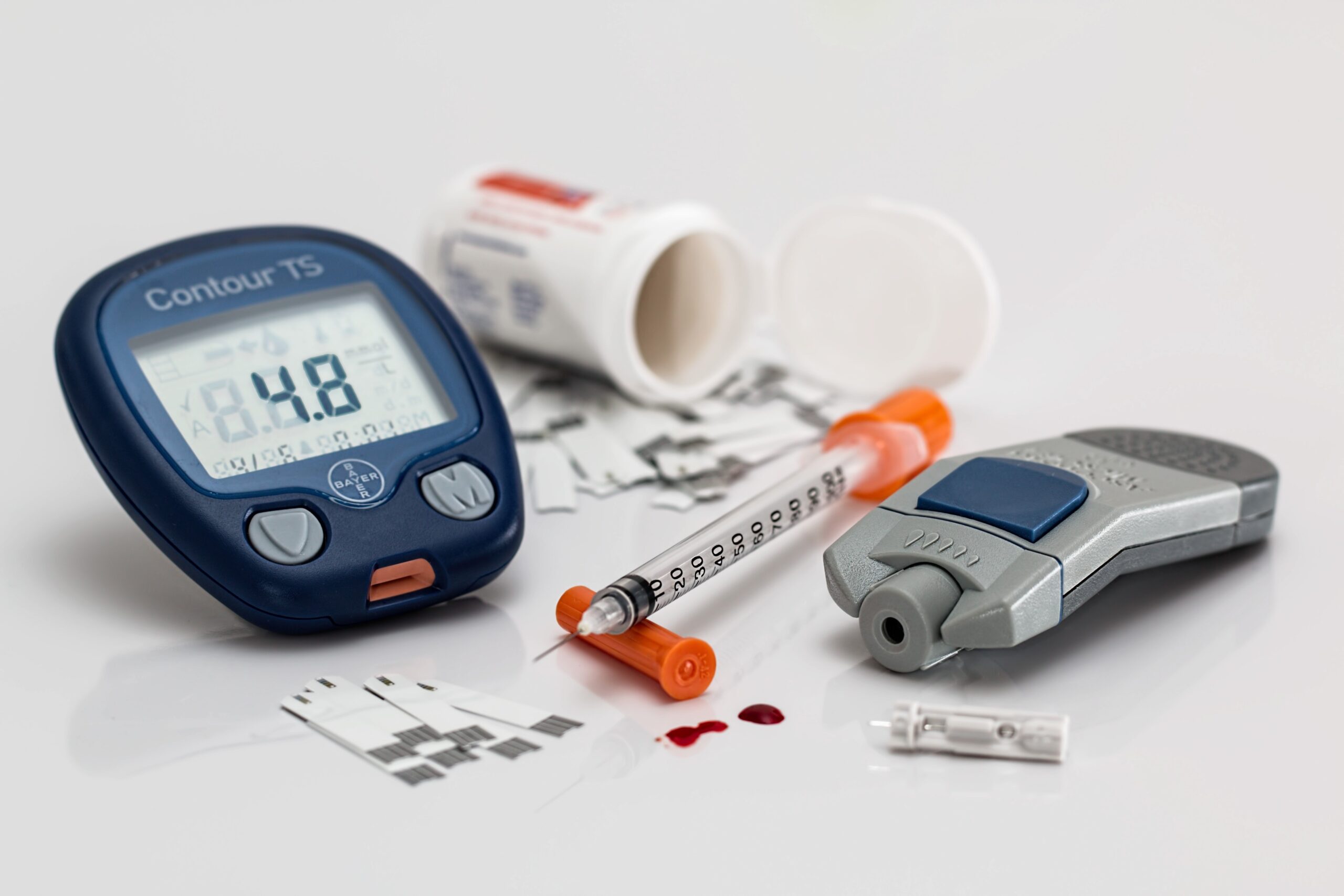The Scottish Government will offer thousands of citizens at risk of developing diabetes access to an app that can provide support with diet and lifestyle, and virtual consultations with experts
The Scottish Government has launched an online system to fast-track healthcare innovations in delivering care for potential type 2 diabetes patients.
The system, which will receive a £4.8m investment spread over three years, will include an app offering virtual individual consultations with nutritionists, dietitians and health coaches in an effort to prevent 4,000 people from developing type 2 diabetes.
The new digital programme aims to provide up to 15,000 people identified as being at risk of type 2 diabetes with digital access to nine months of diet and lifestyle change advice to decrease their chances of developing the disease. By focusing on prevention, the government hopes that the programme will reduce future health complications for patients, improve quality of life and ease long-term pressures on the NHS.
Related content
- Breast cancer and diabetic eye screening to be first beneficiaries of NHS £70m digitisation scheme
- NHS Scotland targets waiting lists with SMS ‘validation’
- NHS nears launch of £17m digital health check service for over-40s
In Scotland there are 310,000 people living with type 2 diabetes, representing more than 5% of the population. In 2023, more than 25,000 new cases were diagnosed, with the number of cases predicted to reach 420,000 by 2044.
“This digital programme reduces the need to travel to in-person appointments and helps patients make sustainable changes to their diet and lifestyle and prevent progress towards type 2 diabetes,” said Jenni Minto, the public health minister. “It enables rural and urban communities to easily access services which can have a life-changing impact. It is a prime example of transformative innovation that benefits frontline staff and patients alike and supports our health and care service to meet the challenges it faces.”
The new digital service is designed to be used by health professionals in primary or secondary care who can refer suitable patients after a diagnosis of pre-diabetes. Self-referrals will also be available for those who suspect they might be pre-diabetic.

A version of this story originally appeared on PublicTechnology sister publication Holyrood





